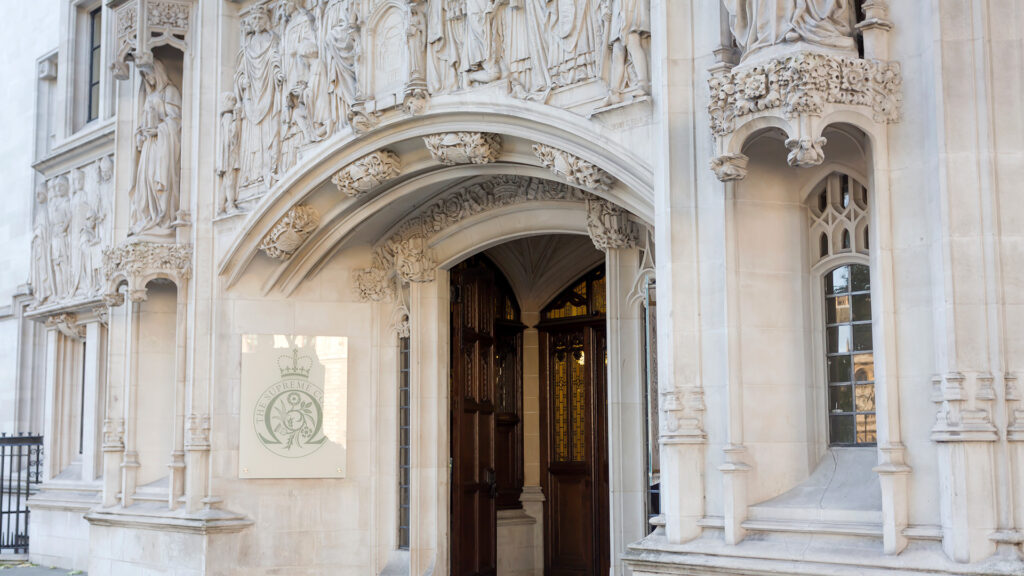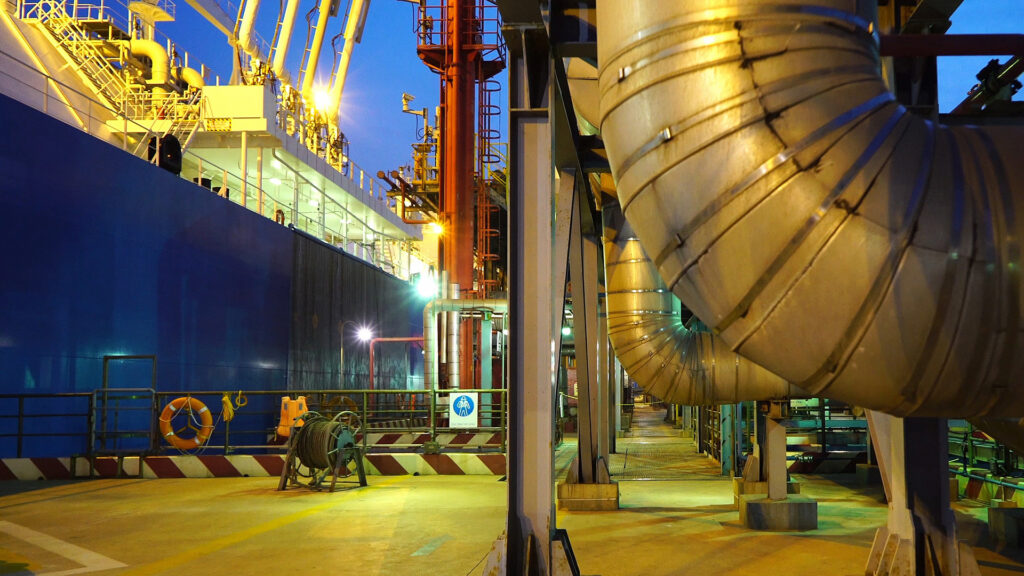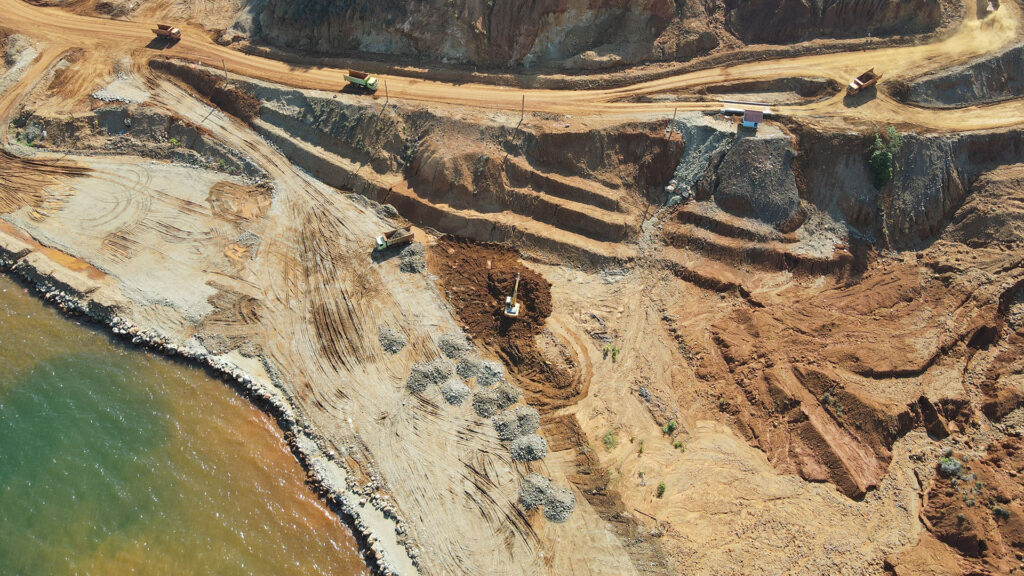Indonesia: Omnibus Law and Regulatory Updates in the Indonesian Mining Industry
On November 2, 2020, the President of the Republic of Indonesia ratified and enacted the Indonesia Omnibus Law with the Law Number 11 of 2020 on Job Creation (Omnibus Law). The Omnibus Law comprehensively amends various sectoral laws with the aim of improving the investment ecosystem in Indonesia, attracting investors and in turn creating job opportunities. We have written separately about the impact this Omnibus Law has had on other industries here.1
Indonesia’s Law Number 4 of 2009 on Mineral and Coal Mining (2009 Mining Law), as lastly amended by Law Number 3 of 2020 (together, the Mining Law), is one of the sectoral laws that is amended by the Omnibus Law.
In addition to the amendments to the Mining Law, the Omnibus Law also amends several other laws that may impact mining activities in Indonesia.
Key changes
A brief discussion of the key changes under the Omnibus Law and their impact on the Indonesian mining sector is outlined below.
Integration and Simplification of Business Licenses
The Omnibus Law introduces a new structure of business licenses, which is now integrated into a single business license called Perizinan Berusaha. The law provides a new framework for granting business licenses in Indonesia, with this single business license consisting of business registration, standard certification and special licenses based on the risk level of the business activities. The risk level is determined by the likelihood and potential severity of a hazard of the business activities concerned.
The changes to the framework for the issuance of business licenses in Indonesia are discussed in our previous briefing here.2
Integration of Mining Business Licenses
In line with the new framework for business licensing, the recent amendments to the 2009 Mining Law integrate business licenses for mining activities. There is now a single business license, consisting of a business identification number (NIB), standard certificates and a specific license issued by the central government.
The central government now has authority to issue mining business licenses, instead of regional governments. These reforms could solve the previous issue of overlapping authority between the central government and the regional government in this area.
However, it remains to be seen how specific mining licensing requirements will be adapted in line with the Omnibus Law and the amended Mining Law and how existing mining companies will need to adjust their existing mining business licenses to comply with the new laws.
These requirements and procedures are likely to be forest out in the relevant government regulations to be issued following the enactment of the Omnibus Law.
Fiscal Incentives for Coal Mining Business
The Omnibus Law provides for fiscal incentives in the form of a 0% royalty fee to coal mine operators holding a mining business license (IUP) or a special mining business license (IUPK) who carry out coal value-added activities (i.e. coal upgrading, coal briquetting, coking, coal liquefaction, coal gasification and coal-water mixing). The incentive is also granted to coal mining companies who build their own mine-mouth steam power plant in their mining fields.
This incentive is intended to encourage investors and mining industry players to carry out coal value-added activities in Indonesia that can improve the domestic coal processing industry, create a competitive market for coal processing and also create more job opportunities in these areas.
Protection to Mining Business Actors in relation to Land Settlement
The Omnibus Law provides protection and assurance of a safe environment for mining industry players to conduct mining activities in Indonesia.
The law provides protection to mining companies who have completed their land settlement process from any obstruction by third parties. The Omnibus Law imposes sanctions in the form of imprisonment up to one year and fines in the maximum of IDR100 million to any person who obstructs or interferes with mining business activities.
Relaxation of the Forestry Permit (Borrow-Use Permit)
The Omnibus Law provides a relaxation of the forestry permit requirements for mining activities carried out within forest areas by amending Law Number 41 of 1999 on Forestry (as amended by Law Number 19 of 2004).
Prior to this, mining industry players carrying out mining activities within forest areas needed to obtain a borrow-use permit from the relevant authority. Now the Omnibus Law changes the policy by only requiring mining business actors to have an “arrangement” on the borrow-use of the forest area with the central government and it is not necessary to obtain a “permit” from the central government.
The central government also no longer needs to obtain the approval of the Indonesian Parliament to grant a borrow-use permit where the broad coverage area has significant impact on the environment and strategic value. This new policy means that now the central government has the authority to manage and maintain forestry areas and to accommodate the development of mining projects in Indonesia.
However, it remains to be seen what an “arrangement” with the central government will involve.
Removal of Certain Requirements of Foreign Workers for Construction Services
The Omnibus Law also provides for amendments to the Law Number 2 of 2017 on Construction Services.
The law removes a number of requirements for foreign construction workers such as the requirements for (i) certification by the country of origin, (ii) registration with the Ministry of Public Works and Housing, (iii) the implementation of knowledge transfer and (iv) the restriction on the positions that can be filled by the foreign workers.
This may have a significant impact on mining activities in Indonesia, as the law now provides for a relaxation of the requirements for hiring foreign construction workers who may be required for (and who may help to reduce the costs of) construction of mining facilities.
Imposition of VAT on the Domestic Sales of Coal Commodity
The Omnibus Law, by amending Law Number 8 of 1983 on Value-Added Tax and Sales Tax on Luxury Goods (as amended by Law Number 42 of 2009), removes coal from the list of goods that are exempted from VAT and therefore 10% VAT will be payable on domestic coal sales.
This new policy means that coal mining companies will be required to register for VAT and will need to charge 10% VAT on their domestic sales.
However, this new tax imposition will not affect coal export activities, as export sales are subject to 0% VAT.
Other Regulatory Updates
In addition to the changes introduced by the Omnibus Law discussed above, there are some other notable recent changes to the regulations relevant to Indonesian mining activities this year, as described below.
Recent Changes to Indonesia’s Mining Law
As mentioned above, prior to the enactment of the Omnibus Law, the Indonesian Government had already amended the 2009 Mining Law in June this year by the issuance of Law Number 3 of 2020 on the Amendments to the Law Number 4 of 2009 on Mineral and Coal Mining (2020 Mining Law).
The amendments made under the 2020 Mining Law relate to, amongst other things, the centralisation of the mining authority, the simplification of mining licenses, the adjustment of licenses for processing and refining activities, the divestment procedure, reclamation and post-mining activities, and the continuation of mining operations for the holder of Contract of Work (COW) and Coal Contract of Work (CCOW).
These changes will be discussed in a separate briefing.
Further Relaxation of Requirements for the Use of National Vessels for Coal Exports
As discussed in our previous briefing, which we reported on here,3 the Government of Indonesia, under the Minister of Trade regulation Number 40 of 2020 on Provisions for the Use of National Sea Transport and National Insurance for the Export and Import of Certain Goods (MOT Reg 40/2020) has relaxed the obligation to use national vessels for the export and import of certain goods, including coal and crude palm oil exports, rice imports and the import of goods for public procurement. The relaxation was provided for under the MOT Reg 40/2020 and the requirement now applies only to vessels with a capacity of not more than 15,000 DWT.
The Government has now provided for even further relaxation by issuing a Minister of Trade Regulation Number 65 of 2020 (MOT Reg 65/2020) in July 2020. The requirement to use national insurance and national vessels now only applies vessels with a capacity of not more than 10,000 DWT.
These further changes will be welcomed by the majority of stakeholders in coal export activities in Indonesia.
Issuance of the Implementing Regulations of the Omnibus Law
Omnibus Law provides that further provisions shall be provided and regulated in governmental or presidential regulations and should be adopted within three months of the enactment of the Omnibus Law. It will therefore be necessary to watch developments closely as further substance is added to the law in this area.
For further information, please contact the authors of this briefing;
Indra Prawira
Consultant
T +62 816 742 463
E indra.prawira@hfw.com
Adam Richardson
Partner
T +65 6411 5327
E adam.richardson@hfw.com
Footnotes:
- https://www.hfw.com/insights/Indonesia-Omnibus-Law-Changes-and-Possible-Impact-on-the-Indonesia-Shipping-Sector-Nov-2020/
- https://www.hfw.com/insights/Indonesia-Omnibus-Law-Changes-and-Possible-Impact-on-the-Indonesia-Shipping-Sector-Nov-2020/
- https://www.hfw.com/insights/Indonesia-New-Regulatory-Updates-on-the-Obligation-to-Use-Indonesian-Vessels-for-Certain-Exports-and-Imports-2020/
Download a PDF version of ‘Indonesia: Omnibus Law and Regulatory Updates in the Indonesian Mining Industry’










-1024x683.jpg)